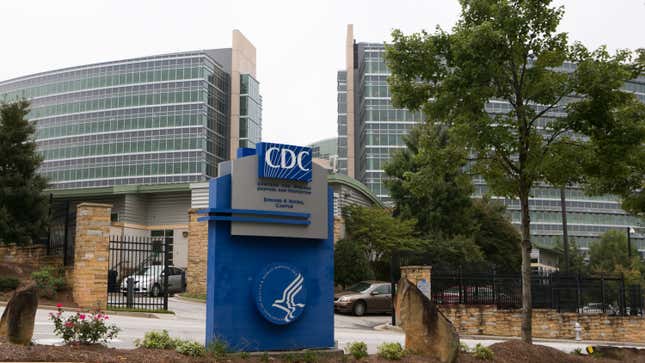
The Centers for Disease Control and Prevention has provided new guidance on how long people exposed to the coronavirus should quarantine away from others. Though the agency still recommends a 14-day quarantine period for people exposed to the coronavirus as the safest way to reduce the risk of further spread, it is now issuing two separate guidelines. Those exposed to the virus but who haven’t shown any symptoms may only need 10 days of quarantine, while those who have also tested negative for the virus can wait a minimum of seven days.
The changes reflect accumulating data that few people remain contagious beyond seven to 10 days, as well as concerns that people were often unable to comply with the previous 14-day rule.
Stirrings about these changes began gathering steam last week, according to reporting from the New York Times. Other countries, such as Germany, have also recently shortened or are planning to shorten their quarantine guidelines for travelers. The new CDC guidelines (not yet up on the CDC website) are meant to be more appealing alternatives to the still-recommended 14-day wait.
“We continue to refine our guidance to prevent transmission and protect Americans,” Henry Walke, the CDC’s covid-19 incident manager, said in a press briefing this week. “Reducing the length of quarantine may make it easier for people to follow critical public health action by reducing the economic hardship associated with a longer period, especially if they cannot work during that time.”
Aside from trying to get better compliance, though, there is growing evidence that people with covid-19 aren’t as contagious for as long as experts had originally feared. A recent review in the Lancet last month, for instance, summarized the current research and found that people with covid-19 tend to be most infectious from two days before symptoms start to about five days after symptom onset.
As both the Lancet authors and others have noted, there are likely exceptions to the above. People with severe covid-19 can have viral loads high enough to be contagious as long as 20 days into their illness. Those with weakened immune systems have also been found to carry relatively high levels of the virus for months, though it remains unclear how long these individuals would remain contagious. There have been isolated cases in which even symptomless people can test positive for the virus up to four months after diagnosis. In that scenario, though, it’s possible that these tests are only picking viral traces left behind, not live virus that can be transmissible to others.
The original 14-day guideline was largely based on our experiences with the SARS virus, a close relative of SARS-CoV-2, the coronavirus that causes covid-19. But SARS-CoV-2 has many differences from the original SARS, such as being transmissible from people who don’t feel sick. So in this instance, it’s just a matter of scientists knowing more now about this new virus and how it works.
These changes appear to only address quarantine at this point, which refers to people strongly suspected of being exposed to covid-19. It’s unclear whether the CDC will change its recommendations for isolation, which is meant for people confirmed to have covid-19. Currently, the CDC recommends a minimum of 10 days isolation for these individuals. The CDC has not yet responded to a request for comment regarding these guidelines.